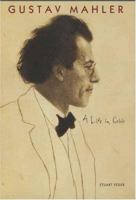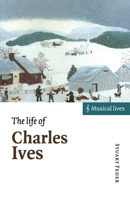Psychoanalytic Explorations in Music (Applied Psychoanalysis Monograph Series)
Select Format
Select Condition 
Book Overview
No Synopsis Available.
Format:Hardcover
Language:English
ISBN:0823644073
ISBN13:9780823644070
Release Date:December 1990
Publisher:International Universities Press
Length:525 Pages
Weight:2.00 lbs.
More by Stuart Feder
Customer Reviews
5 customer ratings | 5 reviews
There are currently no reviews. Be the first to review this work.























